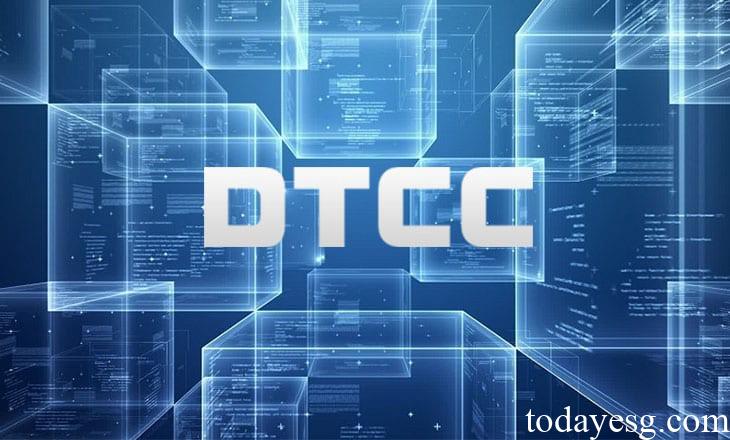DTCC Financial Risk Report
Depository Trust & Clearing Corporation (DTCC) issued a climate financial risk report, describing the impact of climate risk on itself and other financial market infrastructures (FMIs).
DTCC believes that climate change is bringing risks in the economic and financial fields. These risks include both physical risks directly caused by climate events and transition risks indirectly caused by the transition to a low-carbon economy. It is necessary to analyze and monitor climate-related financial risks.
Climate Physical Risks Faced by FMIs
The climate physical risks can be divided into two parts, one is the economic and financial losses caused by special weather events, such as typhoons and floods, and the other is the risks gradually brought by long-term climate change, such as temperature rise and soil degradation. They have different time frames and different impacts on financial infrastructures.
In addition to the direct impact of special weather on the valuation of physical assets, the impact of climate physical risk on FMIs is usually transmitted through financial institutions, for example:
- Special weather events may reduce the value of financial assets of financial institutions, thus increasing the default rate and default losses;
- The increase of default rate and default loss will lead to credit risk of financial institutions;
- If FMIs provide services to these financial institutions, they will also face potential losses;

Climate Transition Risks Faced by FMIs
Transition risks refer to the risks that may arise in the process of adjusting to a low-carbon economy, such as changes in policies and regulations (carbon emission tax, subsidies for energy conservation projects), innovation in emission reduction technologies (clean energy technology, renewable energy technology), market preferences (investors and consumers turns to ESG), etc.
The impact of climate transition risk on FMIs is related to the entities directly facing the transition risk, such as:
- Under the influence of transition risks, the market shares of carbon-intensive industries have decreased and the operating costs have increased. Financial risks may be transmitted to financial institutions and affect the financial infrastructure;
- Under the current ESG and sustainable development background, the difficulty for financial institutions to trade carbon-intensive assets is increasing, which may have a long-term impact on FMIs;
- When FMIs participate in the settlement of derivatives transactions, the value fluctuation of some carbon-intensive derivatives may create a direct impact;
How does DTCC Deal with Climate Financial Risks
Although DTCC and FMIs are not carbon-intensive, they are still affected by climate financial risks in their business activities. DTCC has taken the following measures:
- Strengthen business continuity: DTCC’s business activities involve different locations, and climate financial risks may cause business interruption in some locations. Therefore, DTCC regularly arranges infrastructure inspections, measures the risks of climate events to the region, and guides employees to complete the handling of crisis events;
- Managing counterparty credit risk: DTCC assesses the climate financial risk of clearing members and recalculates the credit risk according to the members’ response;
- Implement ESG plan: DTCC has begun to implement the ESG plan to reduce the exposure of climate financial risks. In 2021, DTCC formulated a net zero roadmap and promised to achieve zero carbon emissions by 2030;
DTCC’s Suggestions for FMIs
DTCC believes that FMIs can take the following measures to deal with climate financial risks:
- Add related indicators into risk management to monitor climate risk in business;
- Use scenario analysis to determine climate risk exposure;
- Adopt different strategies for the assets of counterparties, such as providing preferential treatment for green assets;
- Participate in the assessment of regulatory agencies and improve public climate disclosure;
Reference:
Climate-Related Financial Risk: FMI Perspective | DTCC
Contact:todayesg@gmail.com








